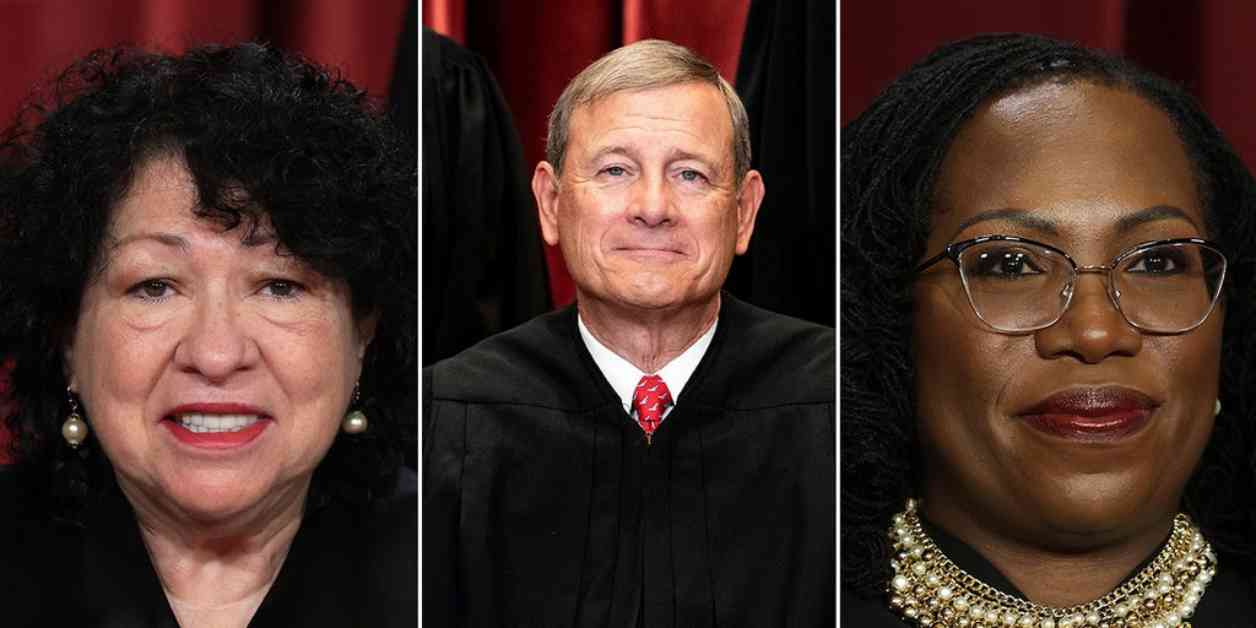In response to the recent Supreme Court ruling on presidential immunity, the court’s liberal justices have expressed concerns about the implications of the decision. The ruling, which was a 6-3 decision, stated that a president has substantial immunity for official acts committed during their time in office. This decision has significant implications for former President Trump, who is facing prosecution on charges related to the U.S. Capitol breach and alleged election interference.
Despite the majority opinion stating that the president is not above the law and immunity only applies to official acts, the dissenting justices raised alarming scenarios. Justices Sonia Sotomayor, Ketanji Brown Jackson, and Elana Kagan argued that the ruling could shield the president from criminal prosecution for a wide range of actions, including ordering a Navy SEAL team to assassinate a political rival or poisoning a cabinet member.
Sotomayor highlighted the dangerous precedent set by the majority opinion, suggesting that it could embolden the president to violate the law without fear of consequences. The dissenting justices argued that the ruling undermines the principle that no one is above the law and shifts the balance of power between the president and the American people.
In a separate dissent, Justice Jackson raised the question of whether the president could remove a cabinet member by poisoning them, emphasizing the need to uphold criminal laws even in the context of presidential authority.
The majority opinion, authored by Chief Justice John Roberts, criticized the dissenting justices for their extreme hypothetical scenarios and fear-mongering, arguing that the ruling is in line with the Constitution’s separation of powers.
Following the dissenting opinions, former Secretary of State Hillary Clinton took to social media to express her agreement with Justice Sotomayor’s stance against the Supreme Court’s ruling. She called on the American people to hold Donald Trump accountable in the upcoming election.
Overall, the Supreme Court’s ruling on presidential immunity has sparked a debate about the limits of presidential power and the implications for accountability and the rule of law in the United States. The decision will undoubtedly have far-reaching consequences for future presidential administrations and the relationship between the president and the American people.





















